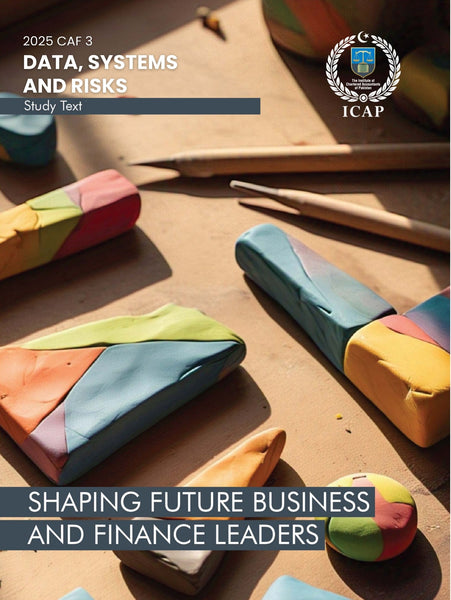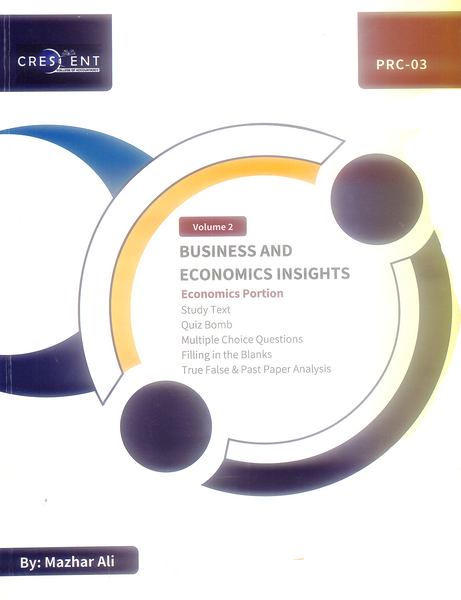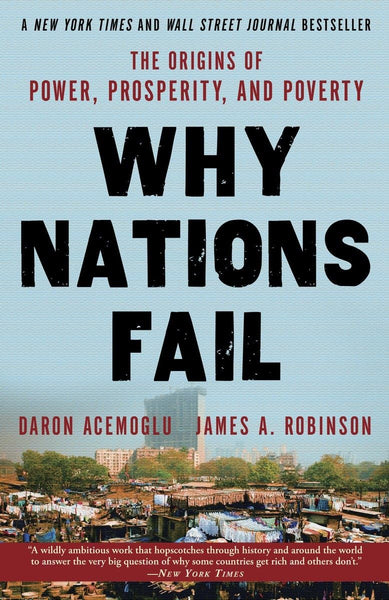Islamic Finance An Introduction by Muhammad Taqi Usmani
- Publisher: Maktaba Ma'ariful Quran
- Availability: In Stock
- SKU: 06009
Rs.700.00
Rs.1,000.00
Tags: affordable prices , asset-backing , best books , best books online , Best Price , best prices , Best Selling Books , best shop , Book Shop , Book shopping , bookshop , bookshop Multan , bookshop near me , bookshop online , bookshop online Multan , bookshopPakistan , buy online books , Convenient Shopping , cooperative finance , cooperative insurance , cost-plus financing , digital shopping , economic environment , ethical finance , ethical framework , ethical investment , fairness , financial dealings , financial inclusion , financial instruments , financial practices. , financial system , financial transactions , gharar , good books , good booksonline , halal finance , ijara , interest prohibition , Internet Shop , Islamic banking , Islamic bonds , Islamic economics , Islamic finance , Islamic insurance , joint venture , leasing , Maktaba Ma'ariful Quran , market acceptance , maysir , mudarabah , Muhammad Taqi Usmani , murabaha , musharakah , mutual assistance , one stop shop , Online Book Shop , ONLINE BOOKS , Online Books Shop , online books store , Online Bookshop , Online Bookshop Pakistan , online bookstore , online shop , online shopping , Online Shopping Pakistan , OnlineShoppingPakistan , Pakistan Bookshop , PakistanBookshop , PakistanOnlineShopping , price cut , price-friendly Comprehensive , profit-and-loss sharing , profit-sharing , ReasonablePrice , reduced price , regulatory differences , riba , risk sharing , secure shopping , shared responsibility , Shariah law , Shariah-compliant , Shopping , ShopSmartPakistan , social justice , sukuk , takaful , tangible assets , Virtual Shop
"An Introduction To Islamic Finance" by Muhammad Taqi Usmani, published by Maktaba Ma'ariful Quran, serves as a comprehensive guide to the principles and practices of Islamic finance. This book offers a clear explanation of the foundational concepts, the prohibitions against interest (riba), and the ethical framework that governs Islamic financial transactions. It explores various financial instruments and their compatibility with Shariah law, making it an essential read for anyone interested in understanding the distinct features of the Islamic financial system.
Key Points
1. Principles of Islamic Finance
Islamic finance operates on principles such as profit-and-loss sharing, asset-backing, and prohibition of interest (riba), ensuring ethical and equitable financial transactions.
2. Prohibition of Riba
Riba, or interest, is strictly prohibited in Islamic finance. This prohibition is based on the belief that earning money from money itself is unjust and exploitative.
3. Shariah-Compliant Financial Instruments
Islamic finance employs various instruments such as mudarabah (profit-sharing), musharakah (joint venture), murabaha (cost-plus financing), and ijara (leasing) that comply with Shariah law.
4. Role of Ethics in Islamic Finance
Ethical considerations are central to Islamic finance, emphasizing transparency, fairness, and social justice in all financial dealings.
5. Risk Sharing
Islamic financial transactions involve risk sharing between parties, as opposed to risk transfer, fostering a more cooperative and equitable economic environment.
6. Asset-Backing
All financial transactions in Islamic finance must be backed by tangible assets or services, preventing speculative and potentially harmful financial practices.
7. Islamic Banking
Islamic banks operate on Shariah principles, offering products like Shariah-compliant savings accounts, investment accounts, and home financing, all free from interest.
8. Sukuk (Islamic Bonds)
Sukuk are Islamic financial certificates similar to bonds but structured in a way that ensures compliance with Shariah by being backed by tangible assets and generating returns from profits rather than interest.
9. Takaful (Islamic Insurance)
Takaful is a form of cooperative insurance based on mutual assistance and shared responsibility, complying with Islamic laws by avoiding elements of uncertainty (gharar) and gambling (maysir).
10. Challenges and Opportunities
Islamic finance faces challenges such as regulatory differences and market acceptance, but also offers opportunities for ethical investment and financial inclusion.
In conclusion, "An Introduction To Islamic Finance" by Muhammad Taqi Usmani provides a detailed examination of the principles and practices that define Islamic finance. It highlights the ethical underpinnings and practical applications of Shariah-compliant financial instruments, making it a valuable resource for both practitioners and scholars in the field.
════ ⋆★⋆ ═══
Writer ✤ Muhammad Taqi Usmani
Publishers ✤ Maktaba Ma'ariful Quran

























